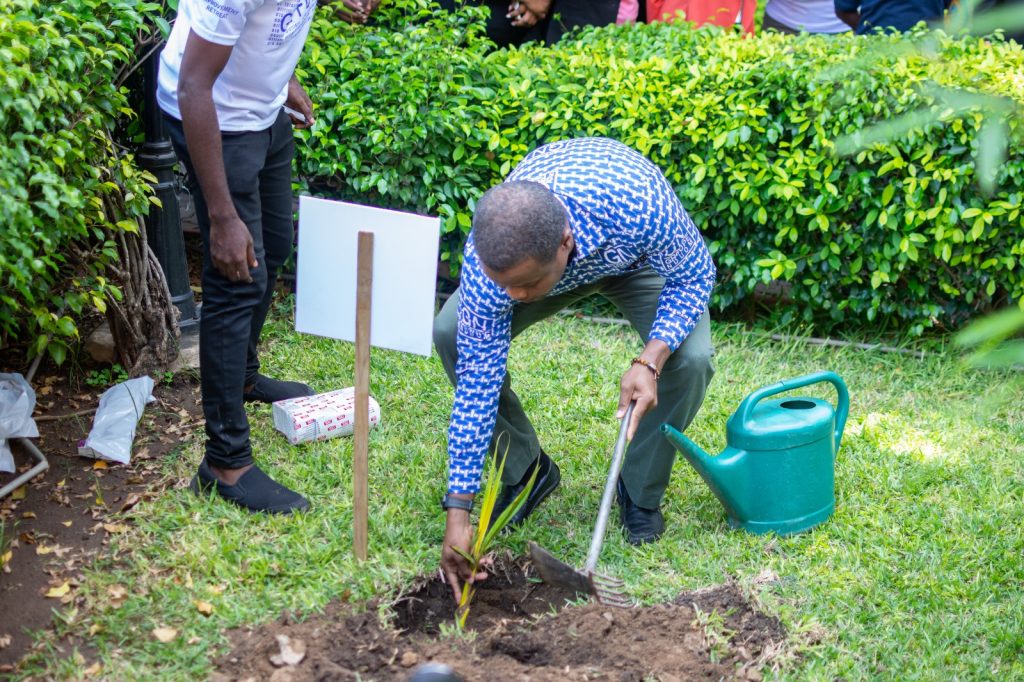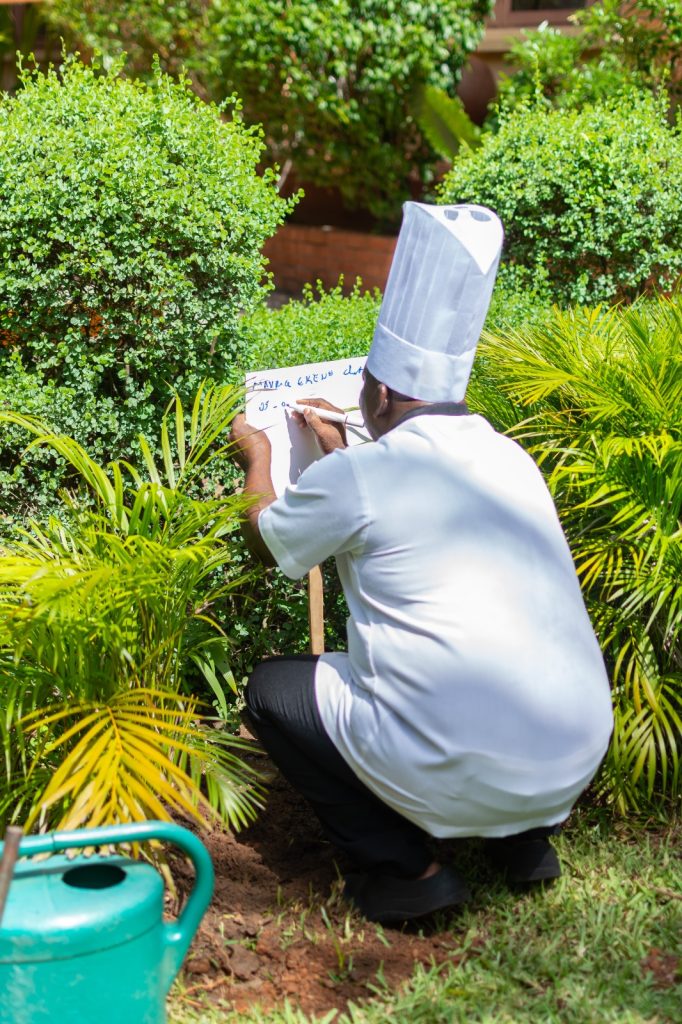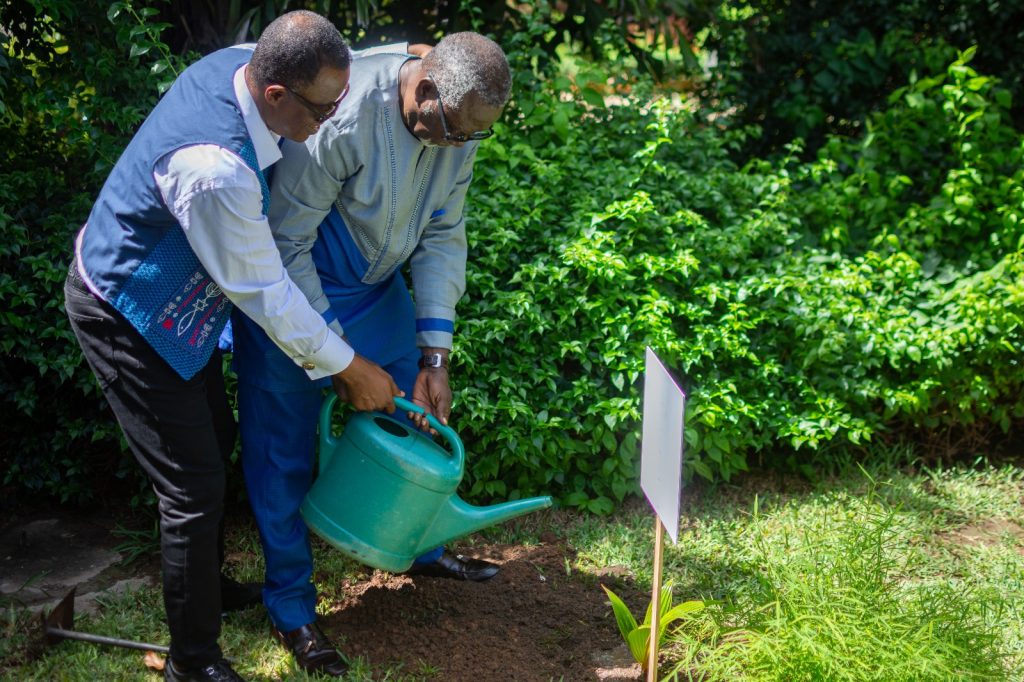By Jibril Abdul Mumuni
Accra, June 7, GNA – Dr. Nana Kweku Nduom, President, Groupe Nduom Ghana, has asked manufacturing firms to adopt biodegradable innovations to protect the environment.
He said such innovations would produce eco-friendly products with less or no negative impact on the environment.
Plastics that decompose naturally into elements like carbon dioxide, water, and biomass are known as biodegradable plastics.
Unlike traditional plastics, which can take hundreds of years to break down in landfills and the ocean, biodegradable plastics are made to be more environmentally friendly.
Dr Ndoum said this at an event to commemorate World Environment Day, which was observed at the Coconut Groove Regency Hotel in Accra.
“Around the world, people are looking at the impact of single-use plastics on our environment. Very soon, I am sure these biodegradable products will reach Ghana, and then we will ban plastics.
“When you come to GN, we are researching what sort of sustainable packaging or what biodegradable products can replace the plastics. We must ensure that the products we produce in the manufacturing process can be recycled. We all need to move to biodegradable products to save our environment,” he said.

An estimated 2.58 million metric tons of raw plastic materials are imported annually. Out of these, over 73 per cent end up as waste products.
Reusable plastics make up 19 percent of all imported plastic materials in Ghana, although plastic recycling accounts for a negligible 0.1 percent.
Ghana’s average daily solid waste generation per person is 0.47 kilograms, which adds up to an estimated 12,710 tons per day for the entire population.
Plastic garbage entangles itself in the marine ecology, endangering and even killing certain marine animals.

Dr. Nduom urged corporate organisations to take the lead in environmental initiatives and advocacy by implementing appropriate environmental and social governance policies, saying GN remained committed to integrating sustainable practices into every facet of its operations.
As part of efforts to promote sustainable practices, he said the Company had implemented several initiatives.
“We have started gathering baseline data across the companies in the Group to determine the size of our impact on the environment. This will allow us to plan, execute, and monitor a comprehensive programme to reduce impact.
“We have introduced indoor plants in a number of our offices to improve air quality and, by extension, the well-being of our staff, customers, and other stakeholders,” he said.
The event featured several activities, including a tree planting session where officials and staff of subsidiary companies of the Group planted trees.

GNA